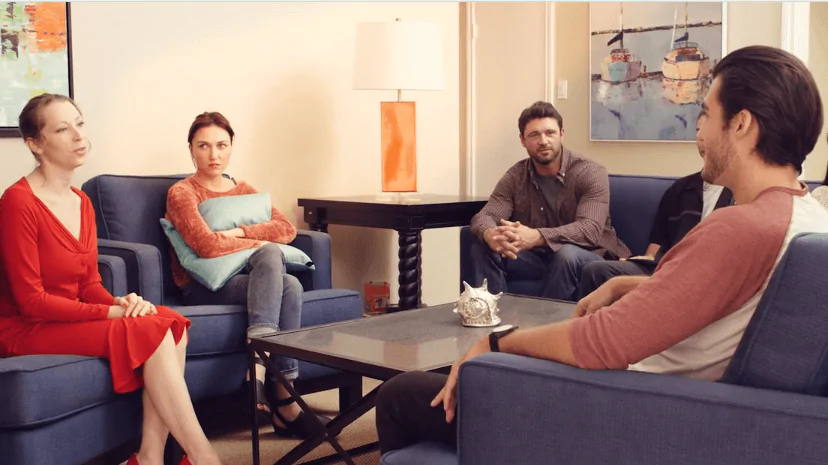24/7 Helpline:
(866) 899-111424/7 Helpline:
(866) 899-1114
Learn more about Bipolar Disorder Treatment centers in Declo
Bipolar Disorder Treatment in Other Cities









Region V Mental Health Services
Region V Mental Health Services is a public rehab located in Burley, Idaho. Region V Mental Health S...

Preferred Child And Family Services
Preferred Child And Family Services is a private rehab located in Burley, Idaho. Preferred Child And...

Pro Active Advantage
Pro Active Advantage is a private rehab located in Burley, Idaho. Pro Active Advantage specializes i...








Pathways – Burley
Pathways – Burley is a private rehab located in Burley, Idaho. Pathways – Burley specializes in the ...

A+ Solutions
A+ Solutions is a private rehab located in Burley, Idaho. A+ Solutions specializes in the treatment ...

Paradise Creek Recovery Center
Paradise Creek Recovery Center is a private rehab located in Malta, Idaho. Paradise Creek Recovery C...

Options Counseling
Options Counseling is a private rehab located in Burley, Idaho. Options Counseling specializes in th...

















Other Insurance Options

AllWell

Amerigroup

MVP Healthcare

Lucent

Evernorth

WellPoint

Choice Care Network

BHS | Behavioral Health Systems

American Behavioral

Magellan

Multiplan

UnitedHealth Group

MHNNet Behavioral Health

Oxford

PHCS Network

Magellan Health

Optima
Beacon

UMR

Holman Group